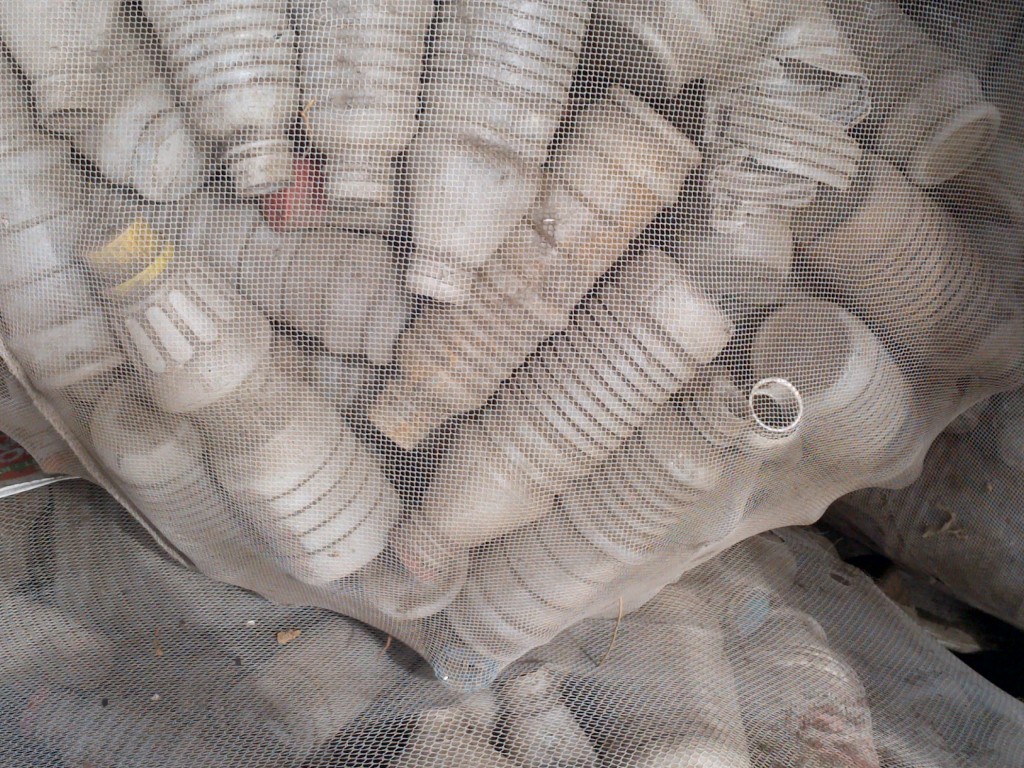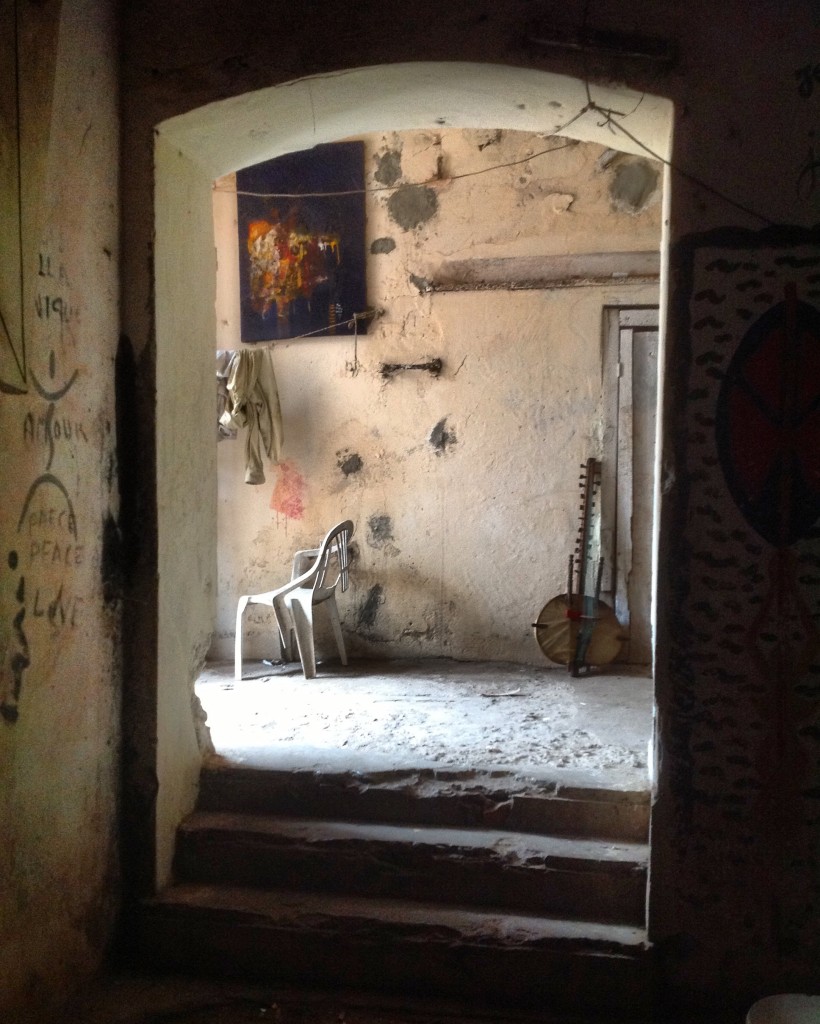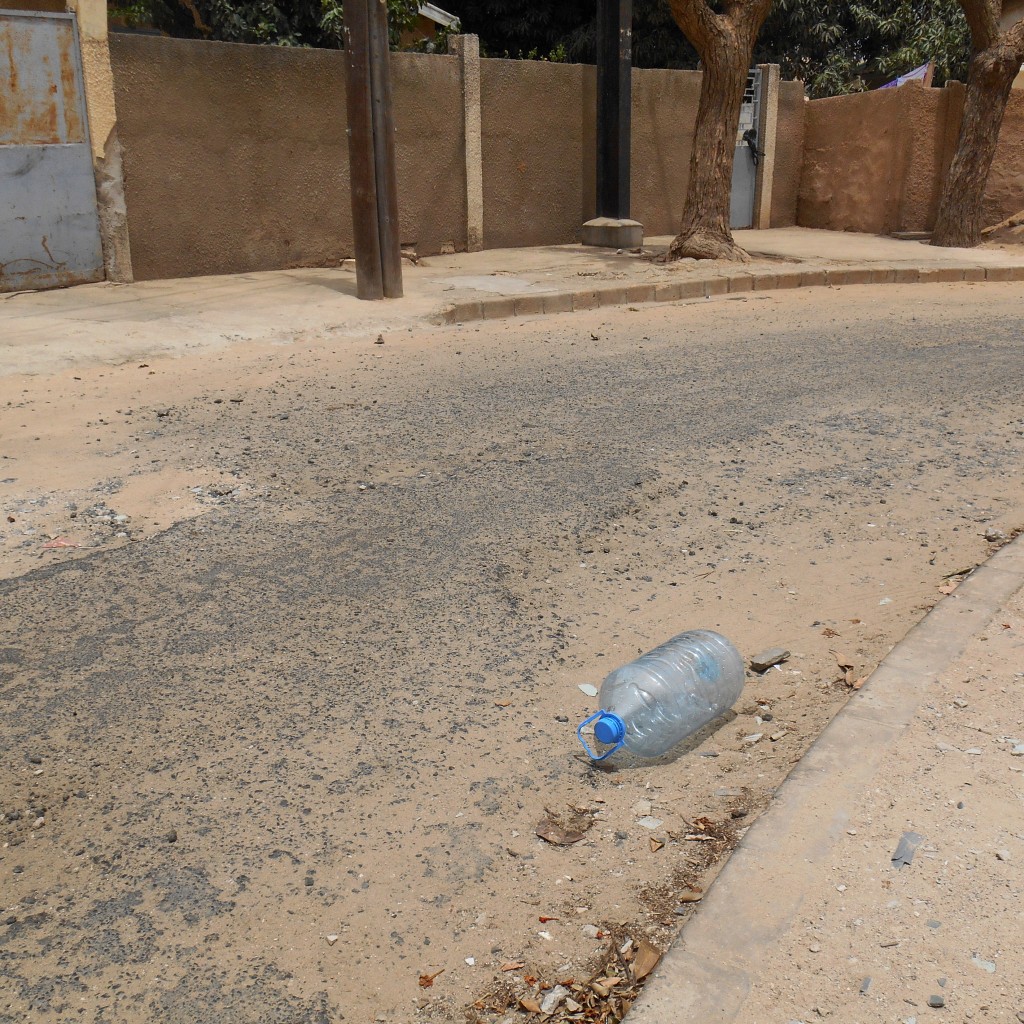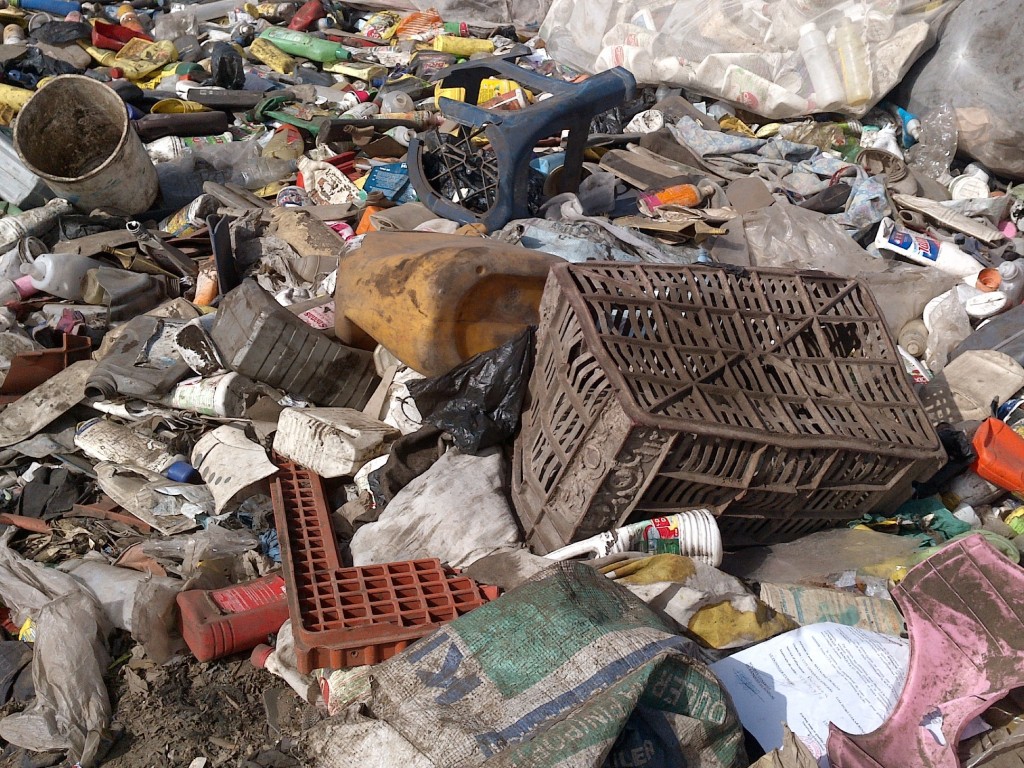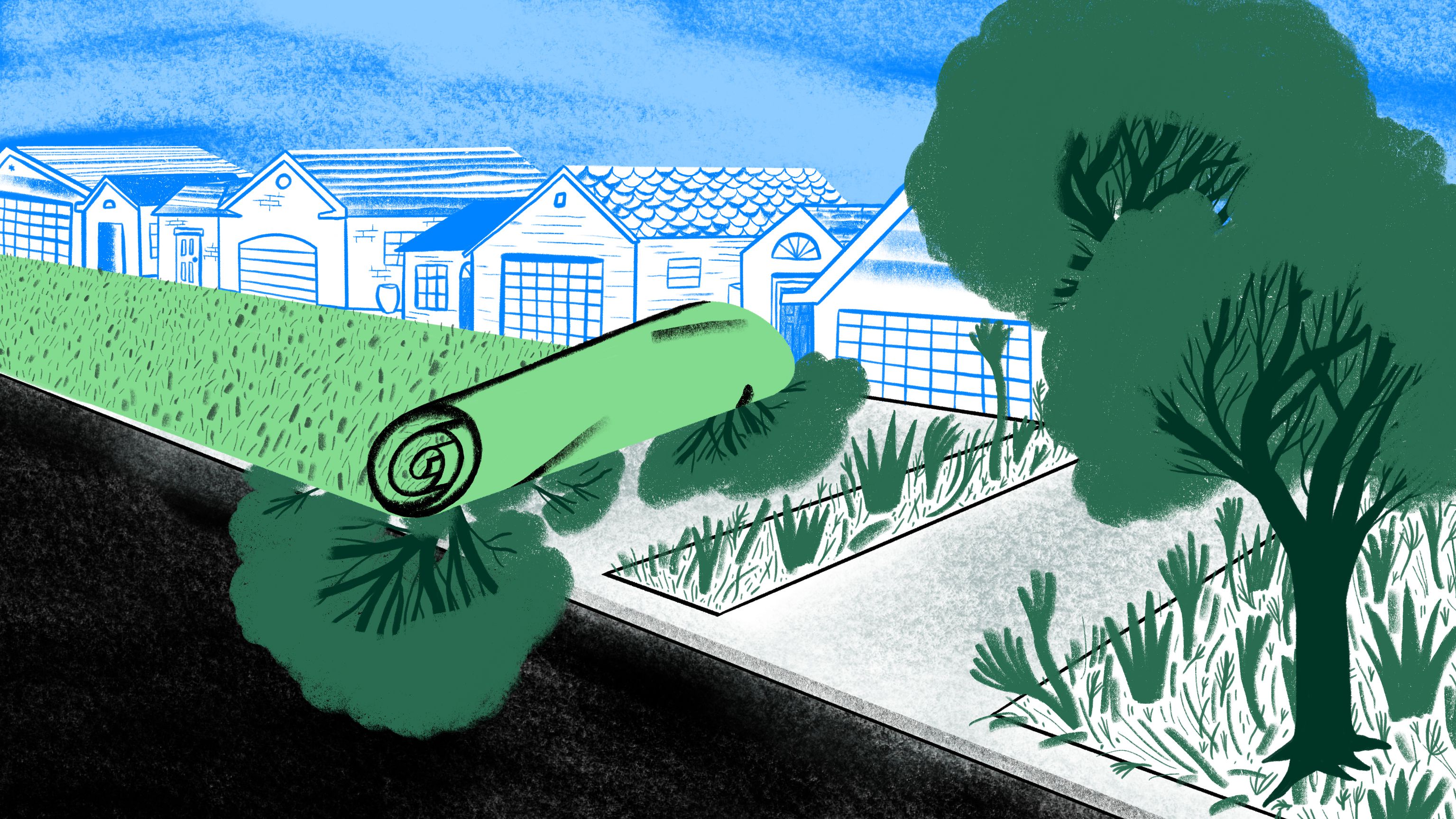
Once a month, we put together a list of stories we’ve been reading: things you might’ve missed or crucial conversations going on around the web. We focus on environmental and social justice, cities, science fiction, current events, and political theory.
We try to include articles that have been published recently but will last, that are relatively light and inspiring, and are from corners of the web that don’t always get the light of day. This will also be a space to keep you up to date with news about what’s happening at Uneven Earth.
We’ve all been swamped with work and life, so we decided to skip last month’s newsletter and combine February and March into one bigger reading list. It’s ok, because February is so short, right? That said, a lot has happened these past two months. From the Christchurch shooting to the flooding in Mozambique, to Amazon’s defeat in Queens, New York and the growing children’s climate strikes. In this newsletter, we’ve collected some of the best analyses of these events: talking about the need to understand how eco-fascist ideology drove the Christchurch shooter and the significance of local organizing against Internet giants. We highlight some critiques of development discourse, and a bibliography on “post-extractivism” in Latin America. We also include our usual collection of articles about alternative politics, radical municipalism, plastics and waste, and degrowth vs. the green new deal. And, yes, there’s a whole article about why lawns are bad.
Uneven Earth updates
Is Heidegger’s philosophy anti-semitic? | Link | Considering the new book, Heidegger and the Jews.
After mass mobilizations, what direction for the Belgian climate movement? | Link | A report from a participant.
Top 5 articles to read
Eco-fascism is undergoing a revival in the fetid culture of the extreme right. Some see looming ecological collapse as an opportunity to re-order society along their preferred, frankly genocidal, lines.
In mourning. We must pay attention to who we are not supposed to mourn, to what mourning is under-reported or discouraged.
Lessons from the history of environmentalism
News you might’ve missed
WWF funds guards who have tortured and killed people
Most Europeans think the environment should be a priority even at the expense of growth
Study finds racial gap between who causes air pollution and who breathes it
SF considers ‘sweeping smart city’ installation of devices with cameras, microphones
China experiences a fracking boom, and all the problems that go with it
West Papua: The genocide that is being ignored by the world
The shells of wild sea butterflies are already dissolving
‘First-of-its-kind’ law will protect Lake Erie from pollution by granting it civil rights
Shipibo women healers on the challenges and opportunities of the Ayahuasca boom
Perspectives on well-being and development
The happiness-energy paradox: Energy use is unrelated to subjective well-being
The only metric of success that really matters is the one we ignore. “Regardless of one’s sex, country or culture of origin, or age or economic background, social connection is crucial to human development, health, and survival.”
Workism is making Americans miserable. For the college-educated elite, work has morphed into a religious identity—promising transcendence and community, but failing to deliver.
Well-being: a Latin American response to the socio-ecological crisis
Arturo Escobar: Farewell to development. Over the years, ‘development’ has undergone multiple modifications. All these approaches stay within the conventional understanding of development: they don’t constitute a radical departure from the prevailing paradigm. What we need to do is get rid of ‘development’ itself.
A letter to Steven Pinker (and Bill Gates, for that matter) about global poverty, from Jason Hickel.
Where we’re at: analysis
Congo’s miners dying to feed world’s hunger for electric cars
Cyclone Idai lays bare the fundamental injustice of climate change
Guns, fire and violence in the name of conservation in Loliondo, Tanzania. Exploring the relationship between wildlife conservation and communities.
Why it’s so hard to trace the patterns of unsustainable fossil fuel use
The hidden environmental toll of mining the world’s sand
What comes after extractivism? Reliance on resource rents keeps Latin American countries stuck in relations of dependency and undermines the core leftist goal of equality. The left must find another way.
Bolsonaro and the death of social housing
Bolsonarism and “frontier capitalism”
The Philippine left in a changing land
How the US has hidden its empire. The United States likes to think of itself as a republic, but it holds territories all over the world – the map you always see doesn’t tell the whole story.
Climate politics after the yellow vests. Far from being anti-environment, the gilets jaunes have exposed the greenwashing of Macron’s deeply regressive economic and social agenda.
How Google, Microsoft, and Big Tech are automating the climate crisis
Good enough to eat? The toxic truth about modern food
Degrowth and the Green New Deal
Climate breakdown is coming. The UK needs a Greener New Deal
A Green New Deal must not be tied to economic growth
Growthism: its ecological, economic and ethical limits
A bold new plan to tackle climate change ignores economic orthodoxy
Organizing to win a Green New Deal
“It’s eco-socialism or death”. Cooperation Jackson leader Kali Akuno on the Green New Deal, the need for mass civil disobedience, and the necessity of building an internationalist movement for eco-socialism.
How a Green New Deal could exploit developing countries
An ecosocialist Green New Deal: Guiding principles, from the DSA Ecosocialists.
White power and eco-fascism
The Christchurch massacre and the white power movement
Nature writing’s fascist roots. When the Christchurch shooter described himself as an “eco-fascist”, he invoked the age-old and complicated relationship between nature writing and the far right.
Plastics and waste
The Chernobyl syndrome. “Chernobyl should not be seen as an isolated accident or as a unique disaster, Brown argues, but as an “exclamation point” that draws our attention to the new world we are creating.”
Mapping USA electronics manufacturing pollution
As pollution gets worse, air-filtering face masks get fashionable
The dystopian lake filled by the world’s tech lust
Manufacturers beware: The ‘right to repair’ movement is gaining ground
‘Moment of reckoning’: US cities burn recyclables after China bans imports
Just think about it…
Go home to your ‘dying’ hometown
Caretaking. Helena Norberg-Hodge and Wendell Berry, two giants of the local economy movement, sat down together for a far-reaching discussion.
The Reddit war. How the site became a front in the Syrian civil war.
BirthStrikers: meet the women who refuse to have children until climate change ends
The global South is changing how knowledge is made, shared and used
Indigenous knowledge has been warning us about climate change for centuries
Speak to the shoemaker. Philosophy need not be arcane, argued Aristotle, as he led by example, writing treatises for peers and public alike.
Don’t blame robots for low wages
Anthropocene doesn’t exist and species of the future will not recognise it
Concrete: the most destructive material on Earth
Native American Libertarian Socialism
Capitalism is destroying the Earth. We need a new human right for future generations
Human rights mean nothing unless we defend real, threatened people. “If we allow states to detain, abuse and bar migrants on the grounds that they are not citizens, if we permit authorities to vilify and discriminate against minorities on the grounds that they don’t truly belong, if we accept that governments can arbitrarily revoke citizenship on the grounds that some are politically unacceptable, we not only deny others their rights; we expose the fragility of our rights, too.”
Radical municipalism
Bottom-up socialism at a crossroads. Grungy, post-industrial, artsy, and cheap, Montreal has a bit of a “Berlin of the North” feel to it. But what many people don’t know is that it is one of the most politically vibrant cities in North America.
To save urban planners, cities need community organizers
The Green New Deal is already at work in one Portland neighborhood
How poor Americans get exploited by their landlords
To build the cities of the future, we must get out of our cars
The real estate sector is using algorithms to work out the best places to gentrify
Amazon’s defeat is local and global
Ownership as social relation: Nonprofit strategies to build community wealth through land
In defense of tenants: An interview with Omaha tenants united
Berlin’s grassroots plan to renationalise up to 200,000 ex-council homes from corporate landlords
New politics, hope, and visions for the future
New group looks to unite North America in a cooperative economy. The Symbiosis network is linking cooperative movements offering alternatives to hyper-capitalism.
Where do good organizers come from?
There’s just one way to confront neoliberalism: democratic ownership
We need to live differently. To end our fossil fuel addiction we need a fundamental technological change — but this cannot happen without changing our social and economic systems.
As the climate collapses, we ask: “How then shall we live?” The first part of a Truthout series that is intended to help us “come to terms, emotionally, intellectually and spiritually, with where we are as a species, and how to plunge forward to face our future.”
By reconnecting with the soil, we heal the planet and ourselves
Why the world needs Barry Lopez. His new book, Horizon, is the crowning achievement of a writer whose eyes never stray from the long view.
Thank you, climate strikers. Your action matters and your power will be felt
Can the imagination save us? Social movements are driven by imagination. I am not prepared to declare the death of dreams.
Resources
Enough is Enough: Full film on YouTube. Based on the book by Rob Dietz and Dan O’Neill, this film lays out a visionary but realistic alternative to the perpetual pursuit of economic growth — an economy where the goal is enough, not more.
A video introduction to Elinor Ostrom’s work
Decanonizing anthropology. Reworking the history of social theory for 21st century anthropology, a syllabus project.
Exploring post-extractivism. A library.
Bibliography of critical approaches to toxics and toxicity
Want to receive this as a newsletter in your inbox? Subscribe here.
